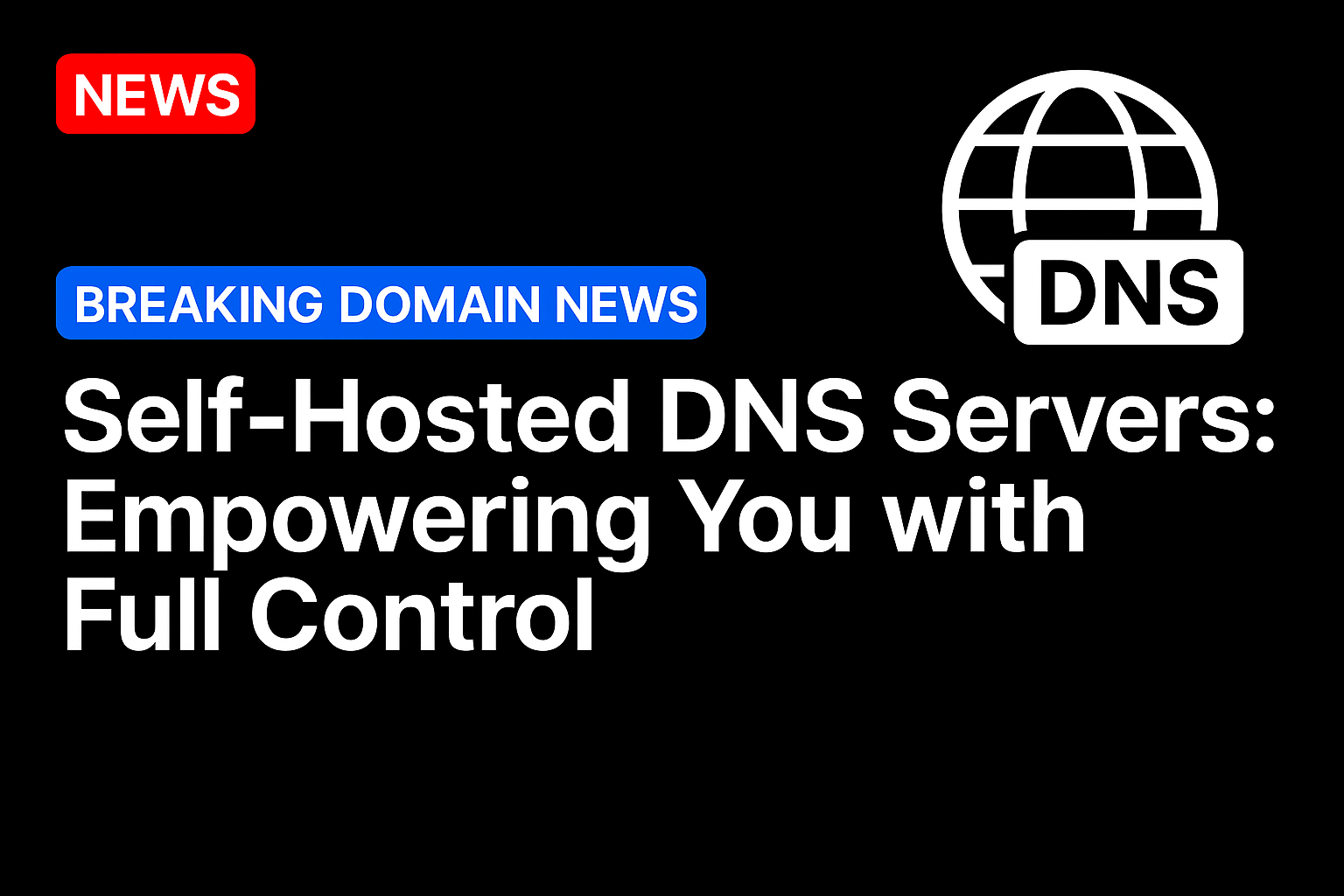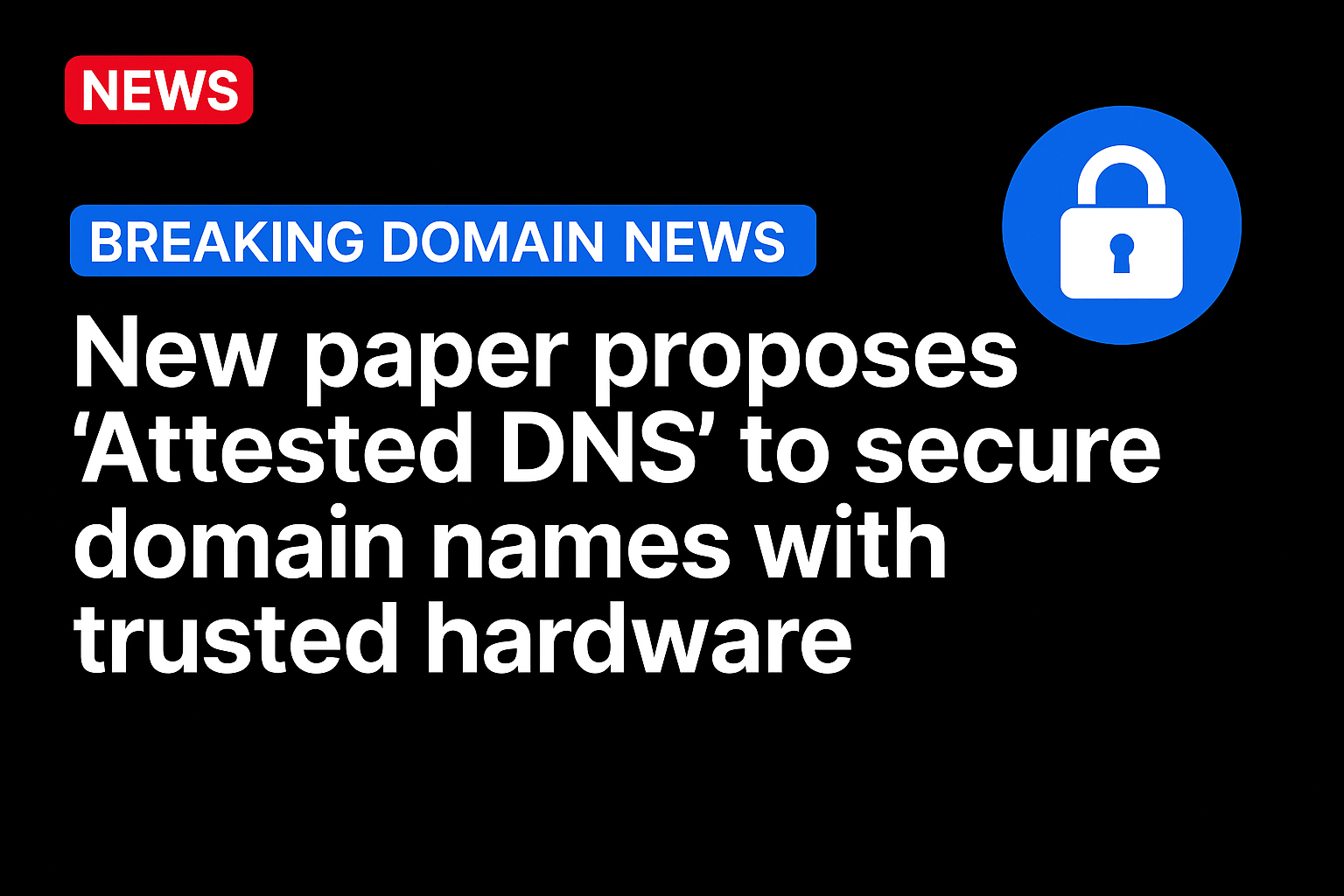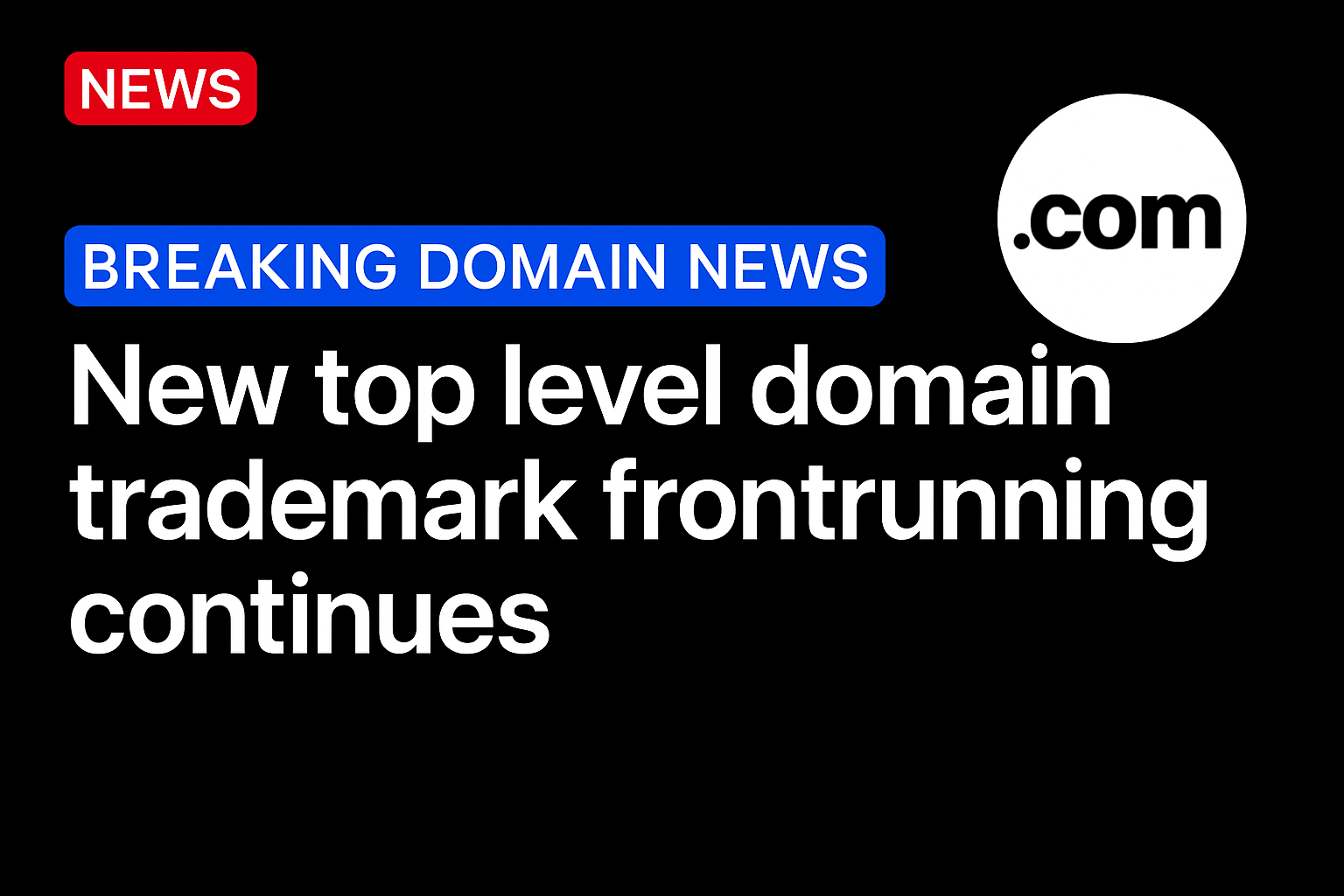Updated July 2025 — If you’re seeking private, resilient DNS control, this guide highlights top self-hosted DNS server software you can deploy at home, on your own hardware, or in your cloud environment.
1. BIND (Berkeley Internet Name Domain)
Overview
The original and most widely used DNS server, BIND remains feature-rich, supporting all standard DNS functions like recursive and authoritative serving, dynamic updates, and DNSSEC.
Pros
- Extremely flexible with full DNS protocol support
- Regular security updates and comprehensive documentation
- Ideal for complex setups or learning environments
Cons
- Configuration via named.conf can be intricate
- Historically prone to security issues—requires diligent patching
2. Unbound
Overview
A fast, secure, recursive resolver known for simplicity and performance. Developed under the OpenBSD project.
Pros
- Lightweight, low resource use, with DNSSEC enabled by default
- Easy to configure for local caching or forwarding
- Strong focus on security and validation
Cons
- Limited authoritative DNS features
- Less suited for hosting your own domains
3. CoreDNS
Overview
A pluggable, extensible DNS server written in Go. Originally built for Kubernetes, now a top choice for general use.
Pros
- Modular architecture allows custom plugins for DNS over HTTPS/TLS, metrics, geo-routing, etc.
- Excellent Kubernetes integration
- Active plugin ecosystem and modern Go-based design
Cons
- Requires learning plugin configurations
- Fewer authoritative DNS options out of the box
4. Knot Resolver
Overview
An ultra-fast DNS resolver from CZ.NIC, built with a modular approach and a simple Lua-based config.
Pros
- High query throughput and performance
- Scriptable zones and policies via Lua
- DNSSEC validation ready
Cons
- Less documentation and smaller community than Unbound or BIND
- Still establishing itself in the broader DNS server landscape
5. PowerDNS (Authoritative Server)
Overview
Split into authoritative and recursive components, PowerDNS supports dynamic backends, including databases and APIs.
Pros
- Great for managing zones via databases or APIs—ideal for dynamic environments
- Supports geo-load balancing and DNSSEC
- Offers user-friendly web admin interfaces (commercial add-ons available)
Cons
- Can be more complex to set up than flat-file DNS
- Backend integration may require scripting knowledge
🛠 Choosing the Right DNS Server for You
| Your Goal | Best Choice |
|---|---|
| Private caching resolver | Unbound |
| Full DNS control & hosting domains | BIND |
| Kubernetes & plugin extensibility | CoreDNS |
| High-speed validation with scripting | Knot Resolver |
| API-driven zone management | PowerDNS Authoritative |
🔒 Security & Maintenance Tips
- Enable DNSSEC validation to prevent spoofing and cache poisoning
- Keep software updated to address vulnerabilities
- Apply firewall/exposure controls—limit public DNS access
- Monitor logs and enable logging to detect anomalies or DDoS attacks
🚀 Getting Started
- Choose the software that aligns with your goals.
- Follow official guides (e.g., Unbound’s docs or CoreDNS tutorial).
- Test locally—configure your router or device to use your server.
- Expand services gradually—add TLS, DNS-over-HTTPS, or zone hosting.
✅ Bottom Line
Self-hosting DNS gives you full authority over your internet naming and privacy. Whether you’re building a secure cache with Unbound or running authoritative zones with BIND or PowerDNS, there’s a reliable open-source solution to fit your needs.





